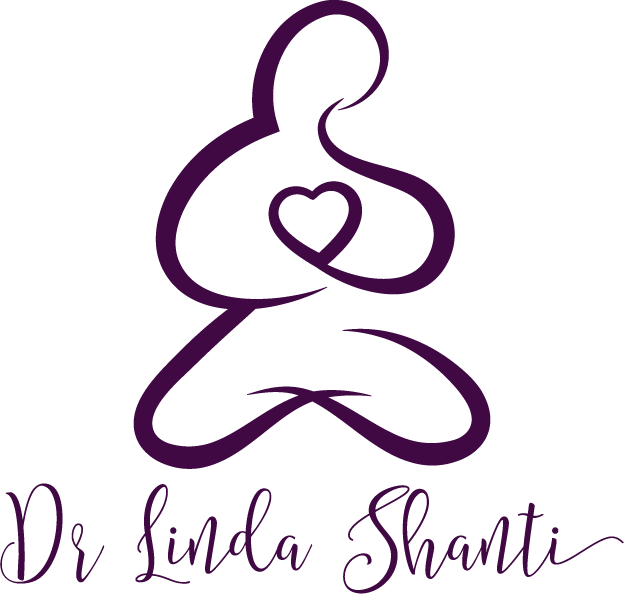In honor of #InternationalNoDietDay, I'm sharing this excerpt from an interview in the forth-coming book Recovery Mama: Maintaining Your Eating Disorder Recovery During Pregnancy and Postpartum (Jessica Kingsley Publishers, 2018)
Today I want to introduce you to Lindsay Stenovec, Dietician, Mom, Recovery advocate, and host of The Nurtured Mama podcast. Lindsay is a true model of what it means to be on the lifetime journey of intuitive eating and break free from diet culture. Here is her story of how she came to intuitive eating.
What made you want to become a dietician that specializes in eating disorder recovery?
My own journey definitely led me to this area of specialty. Having suffered from disordered eating and body image distress informed it. In college, as a nutrition major, thought I was doing the “right thing,” eating “healthily” when really it was diet mentality. I thought I was being a good nutrition major. I was following the rules that were given to me. I genuinely thought there was something inherently wrong with myself in my body for not being able to adhere to these recommendations that just weren’t realistic or appropriate for my body. And that would send me into these cycles of struggling with disordered eating. So, long story short, I hit this point in late in my senior year of college where I said:
“Enough is enough. I just I have to let myself eat enough food!”
I started to experiment with this, and realized I could relax around food! And I found it was actually not so scary. And shortly after that I was introduced to intuitive eating as well as the world of eating disorder treatment.
(Intuitive eating can be defined as a nutrition philosophy based on the premise that becoming more attuned to the body’s natural hunger signals is a more effective way to attain a healthy weight, rather than keeping track of the amounts of energy and fats in foods. For ten principles of intuitive eating from authors Evelyn Tribole & Elyse Resch, go to: Ten Principles )
Intuitive eating – and using this approach to eating disorder recovery – fit in very nicely with my own personal experience. I realized there was this whole world of people practicing intuitive eating and “Health At Every Size” (HAES) who were saying not only “It’s OK to eat,” but also “It’s ok to eat enough and enjoy it! You have permission to do this!” I realized, Oh these are my people and this is my jam! There was no going back.
What is diet-mentality and how did you break out of it?
Diet mentality says that a variety of body shapes and sizes are not OK and that you can’t trust yourself around portions. In my nutrition program at school, they were teaching us that you’re going to have to really work hard to help people not eat too much. It was fear-based: one wrong moved you are going to be out of control.
I remember having a discussion in my nutrition program about portion sizes and all of a sudden I realized “Oh my gosh, the ‘serving size’ on the box is just the unit of measure! Under no circumstances is this like the right amount for everyone to eat, every time they sit down to eat that food.” All of a sudden I had so much validation for myself in struggling with trying to stick with a cereal box recommendation, feeling so hungry, and thinking there was something wrong with me. I could eat more than one bowl of cereal because, even though it said one bowl was a “serving size,” one bowl didn’t fill me up!
I remember raising my hand in class and saying:
“I just realized that this is the unit of measure not the perfect amount everyone is supposed to eat! This is just a unit of measure that manufacturers picked and put on the boxes. It helps their product look good within diet culture, but it really has nothing to do with what you need in that moment.”
Everyone including the teacher just looked at me strangely, and went back to the lecture. But it was a revelation for me. Back in the day, they used to always say a bowl of cereal was part of a complete breakfast. Not your whole breakfast. And if you want to choose to have a cup of cereal, fine. But make sure to give yourself unconditional permission when you get hungry an hour later.
To this I say: Amen! And Women!
For more of the interview (exploring how Lindsay works with recovering moms during perinatal period), click HERE







